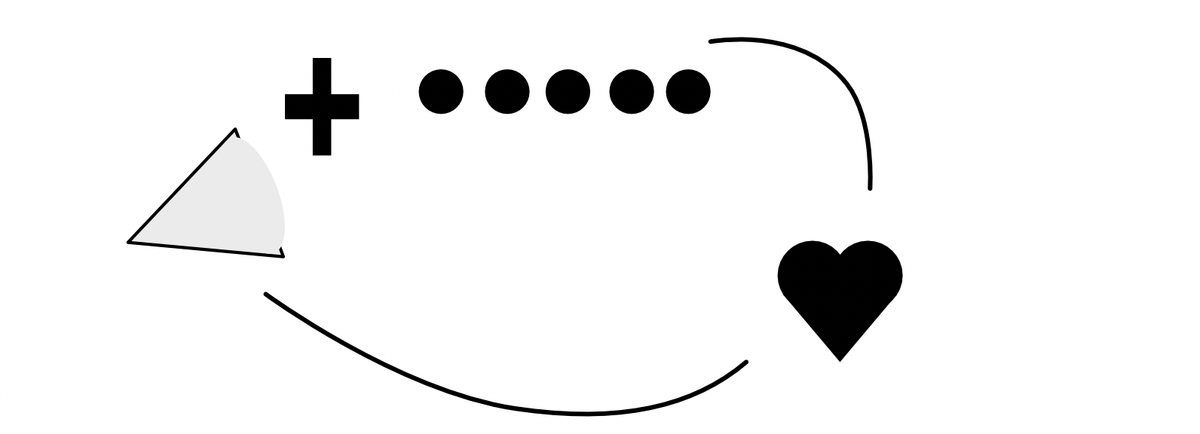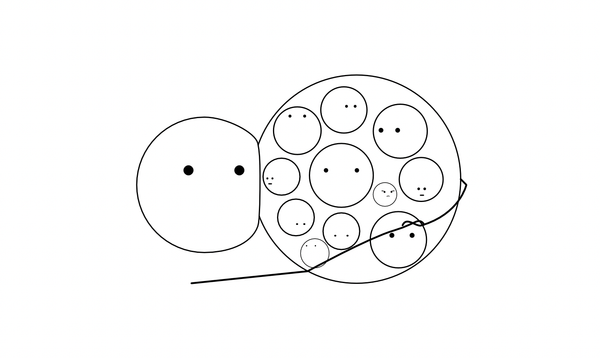Emotions are partly information

Emotions are their own complexity. They are part autonomic response, part biofeedback, part microbiome, and part nervous system. They can react to both more than you're actively paying attention to, and key into a small fraction of the whole current situation.
They are the first blushes of reaction. While your active attention is focused on one thing, they can be highlighting another.
So, emotions are worth the time and energy they take to form. They also need to be approached with more logic.
- Why they appear might be more complex than an initial scan
- Who they are focused on might surprise you – it might be you, it might be another perspective in the room, it might be someone else entirely. Perspective matters, and the source changes as you dig in.
- They are easy to manipulate, so when they erupt at the presentation of information – like a news article headline – it's incumbent to question why. Was there a word choice? a mental image? a given image?
Some of my most creative solutions have come because I noticed I was annoyed, and wondered why. Some of my biggest insights have been teased out of questioning an angry response. Some of my most lasting peace has come from acknowledging emotions as harbingers – early signals – and tracing the scission back to sources.
In all of these the emotions were the beginning of thinking, not the end.
My largest regrets are rooted in emotions let loose before I teased out the whys.
Trust your emotions are talking to you. Then ask why you felt that way, and again iteratively (a rule of thumb is 6x). You might be surprised what surfaces when you get beyond the first scan.




